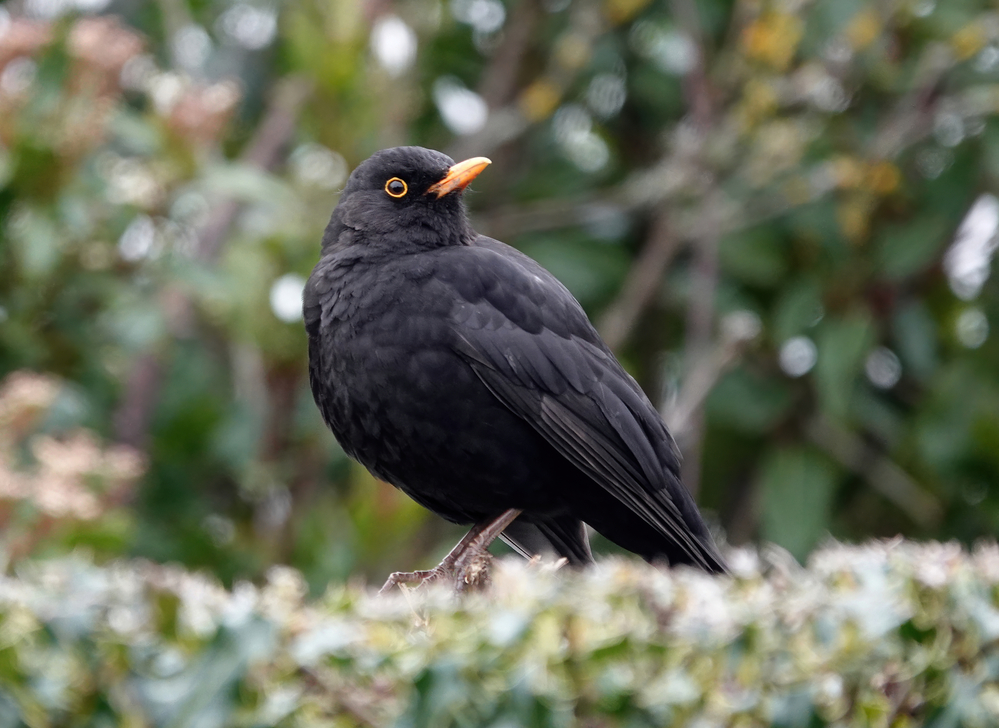Pesticide still used in NL is killing birds as well as bees

Neonicotinoids, a type of pesticide used in agriculture and horticulture to combat insects, are not only killing bees and bumble bees but are also harmful to practically all birds, new research by Wageningen University Research (WUR) has shown.
Birds that eat food contaminated with the pesticide live for shorter periods and chicks have less chance of surviving, the researchers say. Migrating birds’ capacity to find their way to their breeding grounds is also affected, making them more vulnerable.
The use of neonicotinoids has been banned in the EU since 2018 but farmers can still use them via emergency authorisation, including in the Netherlands.
Neonicotinoids are a “forever” substance, meaning they remain present in the environment for years and will be present in crops even if spraying has been stopped.
The Wageningen researchers even found contaminated seeds and crops eaten by birds from soil that had not been treated the pesticides for 19 years.
“It was assumed that the direct effects of ingestion via food would be minimal. Our new study shows that they are not. These effects must not be underestimated in any way,” researcher Elke Molenaar said.
Birds are already under threat because the number of insects has also fallen dramatically.
Bird protection organisation Vogelbescherming said it is “very worrying” that nicotinoids are still being used despite strict EU regulation.
The organisation is calling for an independent investigation before an exemption is made. “If there is any doubt at all it should be a no. There have been enough times in the past when it has worked out badly,” Vogelbescherming said.
Thank you for donating to DutchNews.nl.
We could not provide the Dutch News service, and keep it free of charge, without the generous support of our readers. Your donations allow us to report on issues you tell us matter, and provide you with a summary of the most important Dutch news each day.
Make a donation